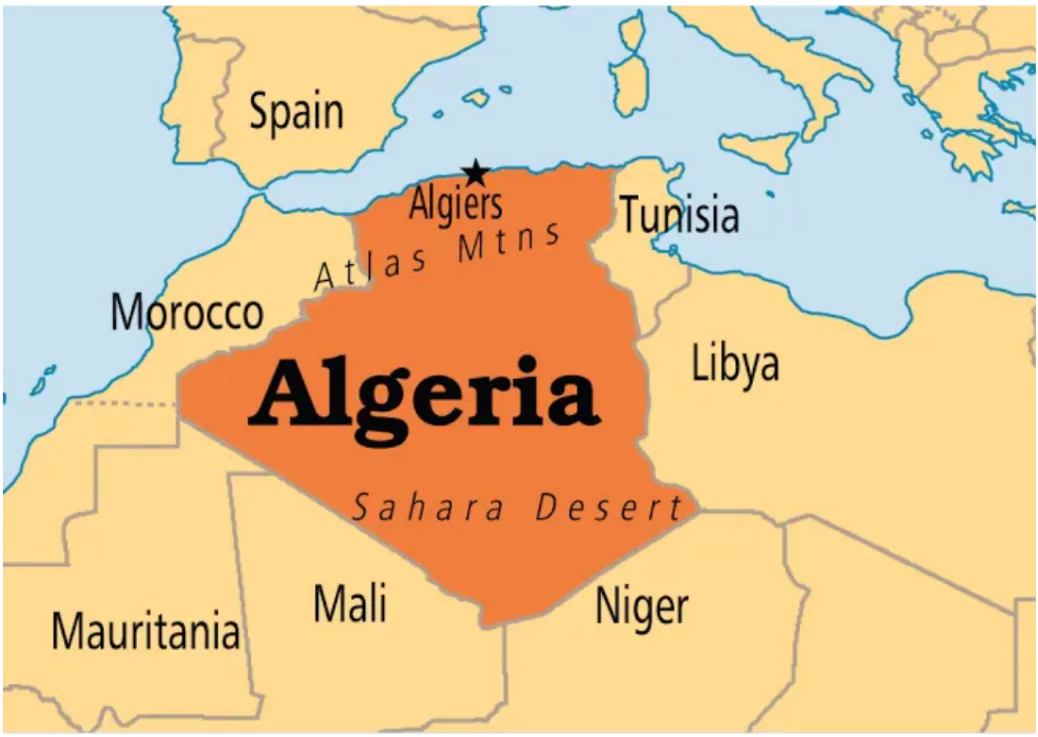India’s first demonstration facility for biopolymers in Pune
Context: Recently, the Union Minister of State (Independent Charge) for Science and Technology inaugurated India’s first Demonstration Facility for Biopolymers in Pune, built by Praj Industries.
More on the news
- This facility focuses on producing Polylactic Acid (PLA) bioplastic, an eco-friendly alternative to fossil-based plastics.
- Polylactic Acid (PLA) is a biodegradable, bio-based plastic.
- It is made from resources such as corn, sugarcane, seaweed, or shrimp shells.
What are Biopolymers?
- Biopolymers are natural polymers produced by living organisms.
- They consist of monomers linked in chains to form large molecules.
- Monomers are small, single molecules that join together to form larger molecules, known as polymers.
- Main Types of Biopolymers
- Polynucleotides: Include RNA and DNA, which are long chains of nucleotides.
- Polypeptides: Include proteins and short chains of amino acids like collagen, actin, and fibrin.
- Polysaccharides: Chains of sugar molecules like starch, cellulose, and alginate.
- Other Examples of Biopolymers : Natural rubbers (isoprene polymers), suberin, lignin, cutin, cutan, melanin, and polyhydroxyalkanoates (PHAs) are other forms of biopolymers.
- Applications of Biopolymers
- Biopolymers are used in industries such as food, manufacturing, packaging, and biomedical engineering due to their natural properties.
Enroll now for UPSC Online Course
Inter-Parliamentary Union (IPU)
Context: Recently, Lok Sabha Speaker Om Birla is leading a parliamentary delegation to the 149th Assembly of the Inter-Parliamentary Union (IPU) in Geneva.
About Inter-Parliamentary Union (IPU)
- The IPU is the global organisation of national parliaments.
- Established: 1889, in Paris, as the first multilateral political organisation to promote representative democracy and world peace.
- Headquarters: Geneva, Switzerland.
- Membership: 180 member parliaments and 15 associate members.
- Mission and Vision:
- Slogan: “For democracy. For everyone.”
- Vision: A world where democracy and parliaments serve people, promoting peace and development.
- Mission: Promote democratic governance, institutions, and values by working with parliaments and parliamentarians for peace, human rights, gender equality, youth empowerment, climate action, and sustainable development.
- Key Functions:
- Parliamentary Diplomacy: Facilitates dialogue and cooperation among parliaments to address global issues.
- Democracy Promotion: Strengthens parliamentary systems, making them more inclusive (gender-balanced, younger, and more diverse).
- Human Rights: Defends the human rights of parliamentarians through a dedicated committee of MPs from across the world.
- Funding: Primarily through contributions by member parliaments from public funds.
Structure
- IPU Assembly:
- Principal statutory body expressing the views of the IPU.
- Brings together parliamentarians to discuss international issues and recommend actions.
- Governing Council:
- The plenary policymaking body, consisting of three representatives from each member parliament.
- Responsible for establishing the IPU’s annual program and budget.
- Chaired by the President of the IPU (ex-officio President of the Governing Council).
- Executive Committee:
- 17-member body overseeing administration, providing advice to the Governing Council.
- Includes 15 elected members serving for four-year terms, plus the President of the IPU.
- Standing Committees:
- Three committees assist the Assembly in studying and addressing specific issues.
President of India Visit to Algeria
Context: Recently, the President of India reached Algiers, Algeria, on the first leg of her State Visits to Algeria, Mauritania, and Malawi.
- This marks the first time an Indian President has visited the country.
key highlights of the meet
- Strengthening Bilateral Relations: President Murmu held talks with President Abdelmadjid Tebboune, focusing on enhancing India-Algeria trade and investment ties.
- Trade and Economic Cooperation: Addressed the Algerian-Indian Economic Forum, stressing opportunities in sectors like energy, construction, automobiles, fertilisers, and pharmaceuticals.
- Jointly organised by the Algerian Economic Renewal Council and the Federation of Indian Chambers of Commerce and Industry (FICCI).
- Indian Investments: Urged Indian companies to engage more in Algeria’s rapidly growing economy.
- Cultural Tribute: Paid homage to Algeria’s War of Independence heroes at the Maqam Echahid Memorial.
India-Algeria Relations
- Economic relations:
- The overall trade between our two countries stands at 1.7 billion US dollars.
- Exports from India to Algeria during 2022-23 were US$ 613 million which further increased to US$ 848.16 million in 2023-24.
- India’s imports during 2022-23 were US$ 1.5 billion and during 2023-24 stood at US$ 885.54 million.
- India’s exports to Algeria: Consist of rice, pharmaceutical products, polyethylene terephthalate, granite and boneless meat etc.
- India’s imports from Algeria: Consist largely of petroleum oils, LNG, natural calcium phosphates, saturated methanol and urea.
- Bilateral Agreements:
- Space Cooperation Agreement signed between (ISRO) India and (Algerian Space Agency) Algeria in September 2018 at Bangalore.
- Visa Waiver Agreement for Diplomatic and Official Passport holders
- Indian Community:
- There are currently 3800 Indians working in various projects and establishments in the country.
Check Out UPSC CSE Books From PW Store
Facts about Algeria
- Algeria is Africa’s largest country and tenth largest country in the world.
- The country is divided into two regions:
- Tell in the north, which is influenced by the Mediterranean, and
- Sahara in the south, which is mostly desert.
- Approximately 90 percent of Algeria is desert.
- Culture: Part of the Arab world, with an Islamic heritage, language, customs, and links to Europe and southern Africa.
- Climate: Algeria has a Mediterranean climate in the north and is warmer and drier in the south.
- National languages: The national languages are Arabic and Tamazight. French and English are also widely spoken.
- Currency: Algerian Dinar

![]() 15 Oct 2024
15 Oct 2024
